Get Free Solar Panel Quotes
Find out how much solar panels would cost you
Do you need solar panels for your home or business? Fill in our form - Get a free quote - Start saving on energy bills
Why get solar panels?
- Generate free, green electricity
- Reduce your electricity bill by up to 64%
- Get paid for what you don't use
As featured in: 


News
The latest news, analysis, guides and opinion.
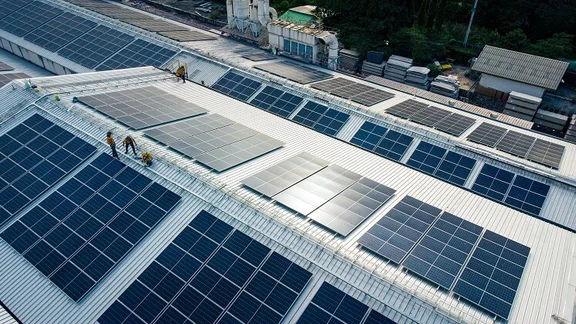
Solar and storage sectors to add £5 billion to UK economy
The UK could earn over £5 billion by hitting its solar targets, according to a report from Solar Energy UK
-
 Government updates Zero Emissions Vehicle Mandate The government said it will take measures to make it easier for car manufacturers to meet the demands of EV legislation, which aims to stop the sale of new petrol or diesel cars by 2030.
Government updates Zero Emissions Vehicle Mandate The government said it will take measures to make it easier for car manufacturers to meet the demands of EV legislation, which aims to stop the sale of new petrol or diesel cars by 2030. -
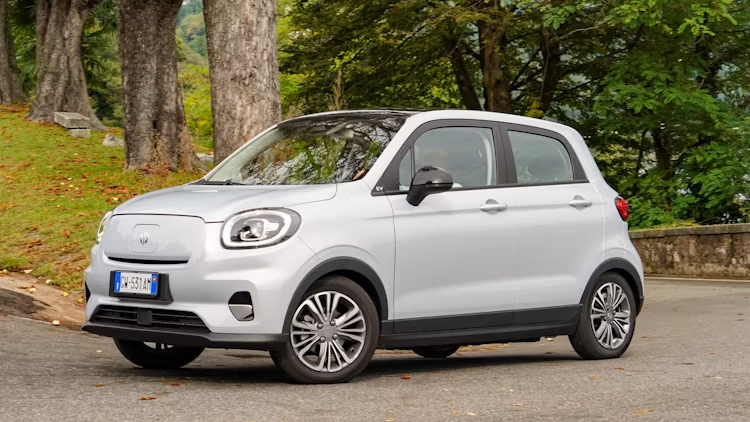 Leapmotor launches in the UK with two new EV models The Chinese manufacturer has launched the TO3 compact electric car and the C10, a large electric SUV
Leapmotor launches in the UK with two new EV models The Chinese manufacturer has launched the TO3 compact electric car and the C10, a large electric SUV -
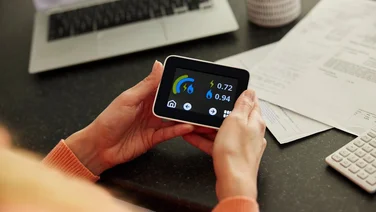 Ofgem announces new rules to boost smart meter standards Ofgem has set out new rules in a bid to boost smart meter standards and compensation, including slashing waiting times for installations, repairs and compensation for customers with connectivity issues.
Ofgem announces new rules to boost smart meter standards Ofgem has set out new rules in a bid to boost smart meter standards and compensation, including slashing waiting times for installations, repairs and compensation for customers with connectivity issues. -
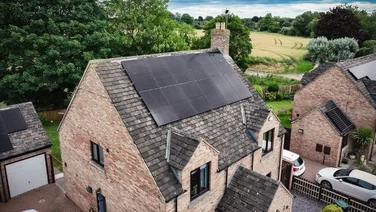 More than 1 million UK buildings have solar panels installed Among the report, OS looked at ‘green roofs’, which they define as at least partially covered with vegetation, usually specifically installed on a water membrane.
More than 1 million UK buildings have solar panels installed Among the report, OS looked at ‘green roofs’, which they define as at least partially covered with vegetation, usually specifically installed on a water membrane. -
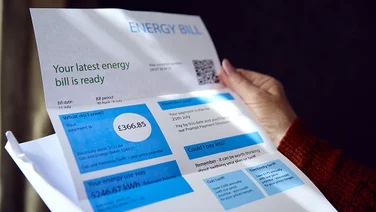 Energy experts: Drop levies on electricity to cut energy bills Removing levies from energy bills would make low-carbon technology cheaper and more accessible, says group
Energy experts: Drop levies on electricity to cut energy bills Removing levies from energy bills would make low-carbon technology cheaper and more accessible, says group -
 Transparent solar cells can turn offices into energy hubs An EU-funded project has shown that transparent solar cells can turn modern office buildings into vital, urban energy hubs.
Transparent solar cells can turn offices into energy hubs An EU-funded project has shown that transparent solar cells can turn modern office buildings into vital, urban energy hubs. -
 Tesla’s sales continue to suffer from anti-Musk backlash Despite booming demand for EVs Tesla's sales continue to suffer as consumers push back against its CEO Elon Musk.
Tesla’s sales continue to suffer from anti-Musk backlash Despite booming demand for EVs Tesla's sales continue to suffer as consumers push back against its CEO Elon Musk. -
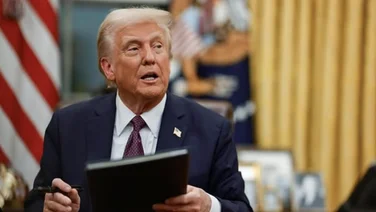 Is it possible to ‘Trump-proof’ your energy bills? Donald Trump has launched huge tariffs, raising fears of inflation. We ask if it's possible to 'Trump-proof' your energy bills.
Is it possible to ‘Trump-proof’ your energy bills? Donald Trump has launched huge tariffs, raising fears of inflation. We ask if it's possible to 'Trump-proof' your energy bills. -
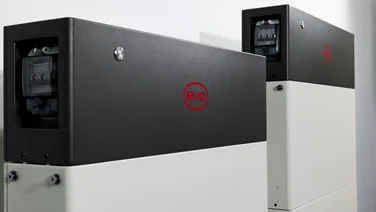 BYD launches new energy storage system BYD's Battery-Box HVE, the company's first integrated tool for domestic energy storage will hit European markets in June.
BYD launches new energy storage system BYD's Battery-Box HVE, the company's first integrated tool for domestic energy storage will hit European markets in June.